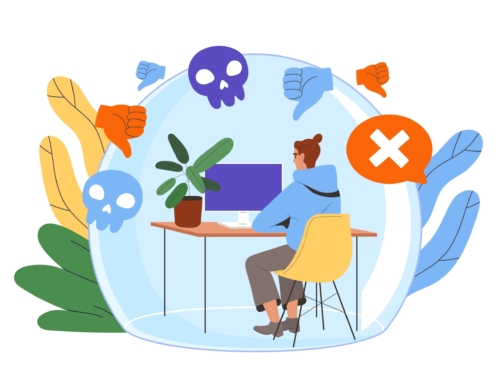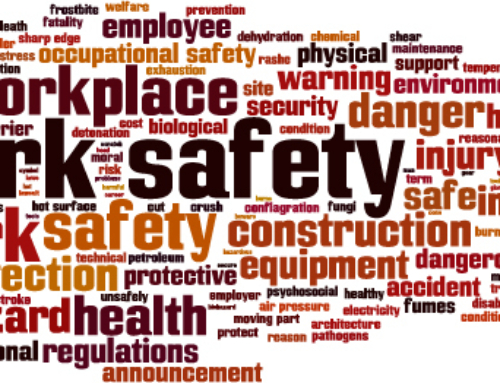It’s an interesting question, having worked with many organisations I see this layer of people between the workforce and senior management. In the military they are the NCO, career-oriented people moving up the ranks but interestingly, like the army, many people never make it to officer (senior) level – so my questions is, what does it really take?
The transition process isn’t that clear, what is clear is that middle management is the glue between people working in the business (delivery the services) and people working on the business (the big picture stuff)
We’re all familiar with this common model:

I don’t think this explains the focus and progression well enough. The three key areas of focus are in the triangle below, but if each level in the business had to mark where they believe their primary focus is, I believe it looks more like this:

The role of middle management is about people.
Its about taking the plans and strategies of the business from the top to the bottom of the organisation and about delivering the product or service from the bottom to align with the plans and strategies.
We take movement into middle management very lightly, but the ramifications are not clearly understood by either the workforce, the individual or senior management. I feel this is one of the reasons people don’t naturally transition all of the way through. Essentially there are 3 completely different sets of skills.
- Workforce: the competencies needed for the job, the skills, understanding and delivery
- Senior Management: the competencies of business, planning, finances, administration etc.
- Middle management: The competencies of people and people engagement
Obviously it is no where near as cut and dry as this, but you get the idea.
So what does this mean for coaching? Well it depends where someone is in the model. Sadly most organisations promote people into middle management with minimal training in the people and people engagement, which is essentially the work of this role. So as a coach our focus here is on building those people skills. It can be very daunting as people management is challenging and developing skills to deal with them isn’t easy.
Once someone is in ‘middle management’ the next step is again daunting. As a coach, the development focus becomes all the skills you associate with running a business.
In a way moving up the ranks means having a profession or technical skills, leaving that profession to a certain extent and learning a whole new set of skills very behaviourally based, then moving back into a technical professional role, but with a whole new set of skills and competencies, this time in running a business.
Leaders of large organisations that have come up through the ranks, in my experience, make fabulous leaders. If they have the capacity to learn and develop through the 3 layers successfully and build a very strong level of understanding in:
- Their profession (engineering, nursing, etc.)
- People management
- The Business profession
For many people, it is a bit much and they decide they don’t want to put in the level of effort needed or even understand what’s needed.
A great coach understands where you’re at in your career and can add the correct focus of learning to take you to the next step.














Dr Susan Roberts says: